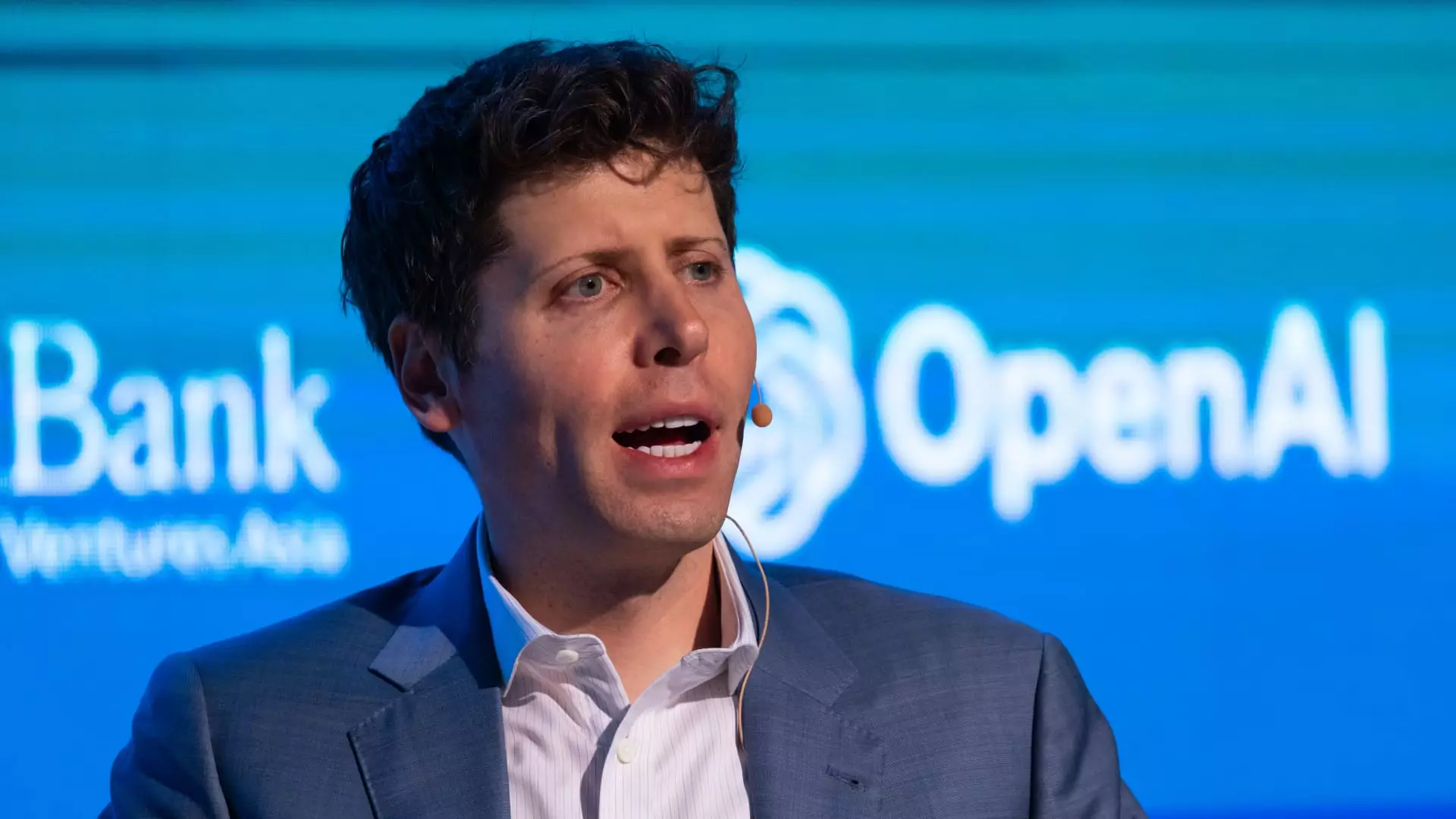The recent lawsuit filed by the Center for Investigative Reporting (CIR) against OpenAI and Microsoft for alleged copyright infringement has sparked a debate in the tech and news industries. This legal battle sheds light on the growing concerns regarding the use of AI-generated content and the protection of intellectual property rights in the digital age.
The CIR’s claim that OpenAI “copied, used, abridged, and displayed CIR’s valuable content without permission or authorization” raises important questions about ethical considerations in the development and deployment of AI technologies. When organizations like OpenAI collect and utilize data without proper consent or compensation, it not only undermines the rights of content creators but also erodes the foundations of intellectual property laws.
With the emergence of advanced AI models like OpenAI’s ChatGPT, there is a growing trend of using artificial intelligence to generate content, answer user queries, and provide information. However, the use of AI in content creation must be done in a responsible and ethical manner, respecting the intellectual property rights of original creators and sources.
The legal battle between the CIR and OpenAI has broader implications for the news industry, which is already struggling to maintain revenue streams in the digital era. As AI-generated content becomes more prevalent, news organizations must be vigilant in protecting their journalistic content and ensuring that their work is not exploited for commercial gain without proper authorization.
The allegations made by the CIR against OpenAI and Microsoft raise important ethical considerations about the use of AI technologies in content creation. Organizations that develop and deploy AI models must establish clear guidelines and practices to ensure that they respect the copyrights and intellectual property rights of content creators.
While some news organizations are taking legal action against OpenAI for copyright infringement, others are choosing to collaborate with the technology company. Partnerships between OpenAI and media outlets like Time magazine and News Corp. raise questions about the balance between innovation and intellectual property rights in the digital age.
The lawsuit filed by the CIR against OpenAI and Microsoft highlights the complexities and challenges associated with the use of AI in content creation. As AI technologies continue to evolve and reshape industries, it is essential for organizations to strike a balance between innovation and ethical considerations to ensure the protection of intellectual property rights in the digital landscape.


Leave a Reply